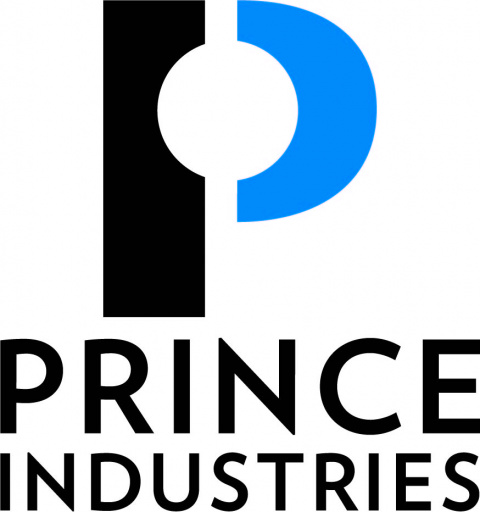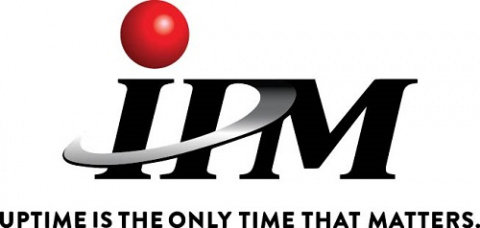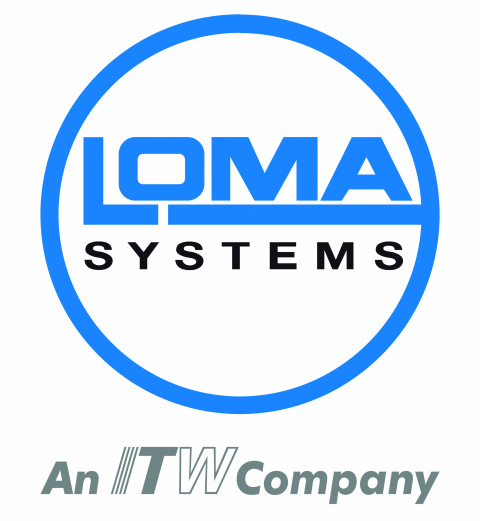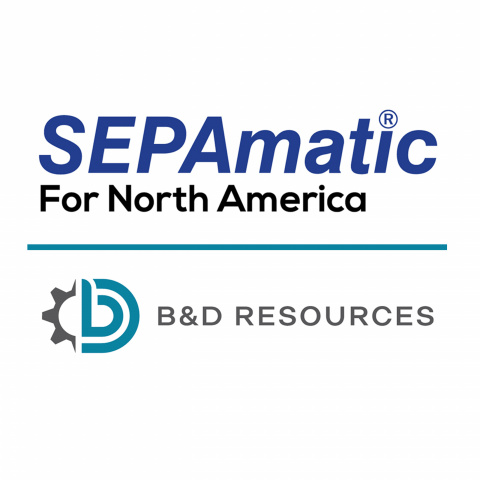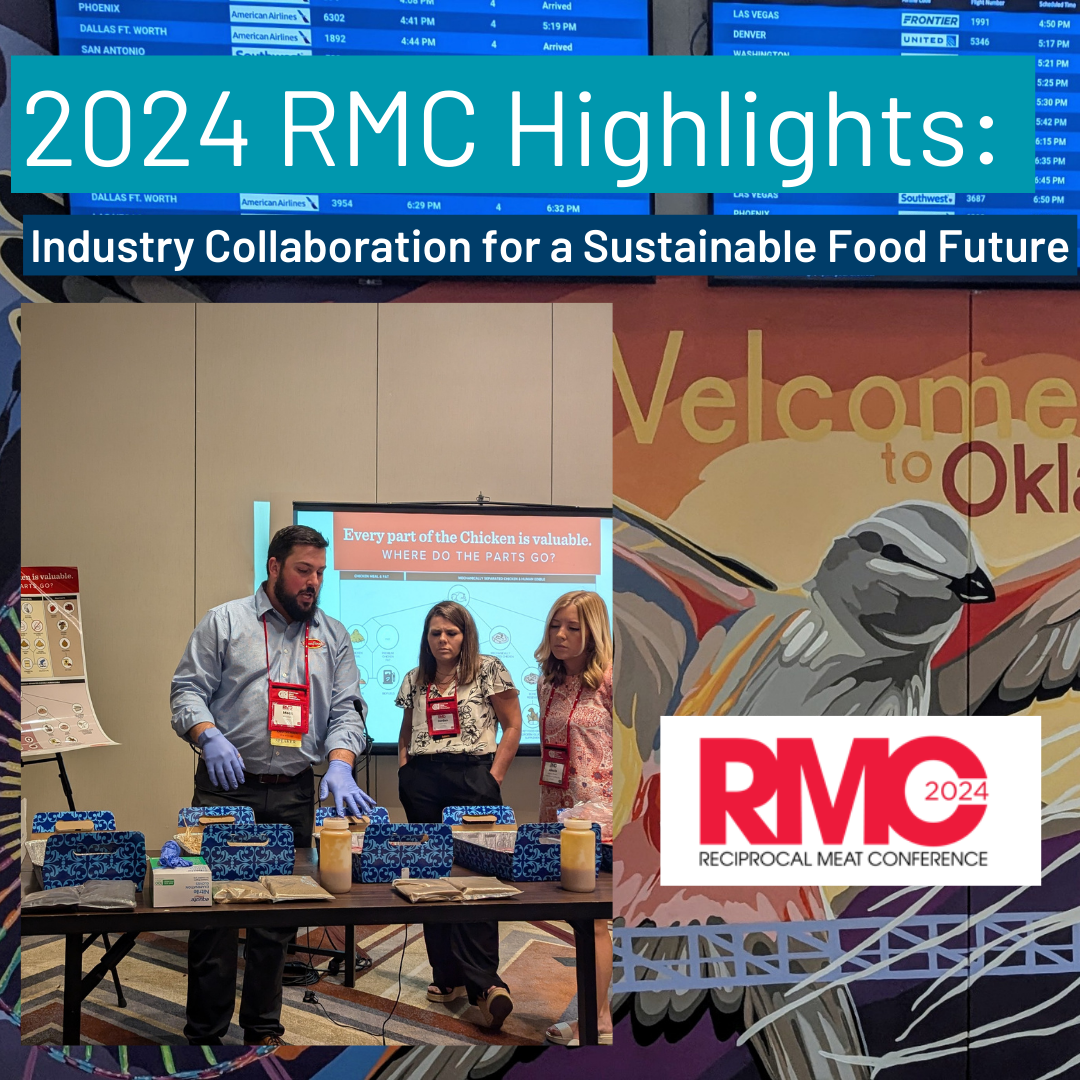
I’m not a meat scientist, so the American Meat Science Association’s (AMSA) Reciprocal Meat Conference (RMC) may seem like an odd place to find me at first glance, but as a member of FPSA’s staff, I’m always happy to learn more about what’s new in the sectors of the food and beverage industry we proudly serve. In addition to top-notch meat science, the conference showcased the interconnectedness of food and beverage production. Sustainability, traceability, and the future of the workforce were hot topics at RMC because they are critical issues for meat production…and everyone else operating in the global food chain. They’re big challenges to take on, but the hard-working people in agriculture and industry have never been short on ingenuity and dedication. AMSA brought in experts, including a few members they share with FPSA, who are focused on understanding the scope of the challenges and finding solutions.
Sustainability and traceability are complicated. With RFID tags and good software programs, consumers can follow their food from farm to plate, ensuring ethically and environmentally conscious products for themselves and their families. Packaging materials solve many preservation and food safety issues, reducing food waste and increasing food security, but they can also come with their own complications, including mixed materials, labels, dyes, or other additives that can make recycling more difficult – or impossible. RFID technology adds silicone, metals, and conductive inks to an already complicated logistics problem.
There’s a human component to sustainability, too. The F&B industry may be worth billions of dollars globally, but people in food production and manufacturing, from the company owners to the sanitation crews, aren’t billionaires. They’re hard workers who put in long hours to get fresh, safe, food around the world. Without them, industry would lose its most effective asset for a safe, sustainable, food chain. Finding, training, and keeping those people in the industry can be just as challenging of a job as any you’ll find in a field, factory, or lab.
Those people and their commitment to finding better ways to feed the world – ethically, environmentally, and economically –are one of the best things about working in the food and beverage industry. AMSA did a spectacular job of bringing together industry experts in Oklahoma to share strategies, insight, and information about how to solve these challenges, get ahead of others as they develop, and highlight innovative collaborations.
4th of July is a busy time for our members as they keep everyone stocked up for the festivities, whether they’re planning a barbecue, a fireworks display, or, like me, will be keeping the dogs distracted from all the noise, so I’ll keep this short and save the details of RMC insights for a future post.
Happy celebrating!
Heather Davis
Business Development Manager
For more information about how FPSA and our members are working towards solving industry problems like workforce shortages and packaging sustainability, check out the FIT Program and our UnPack Sustainability series










